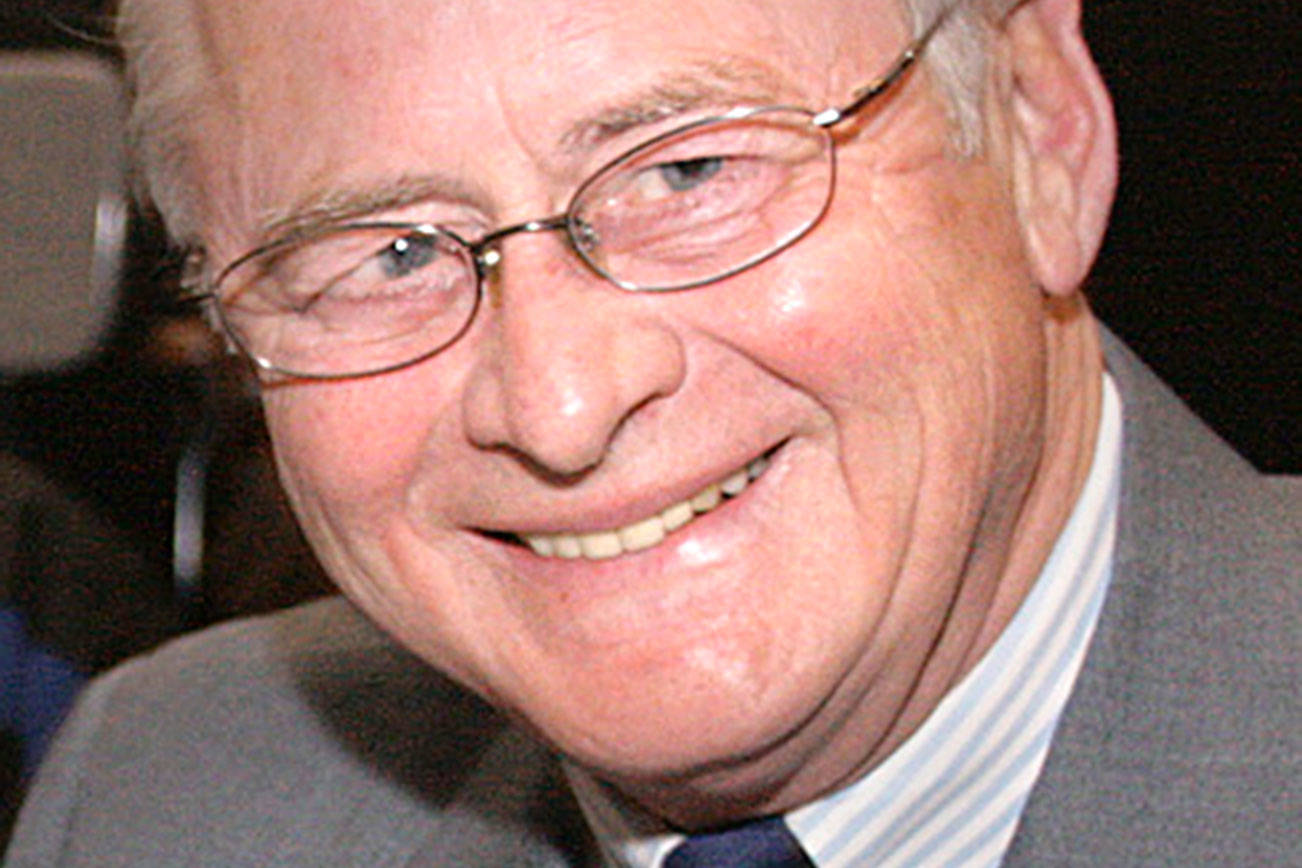More cities and counties are avoiding trials and settling with the families of those who died at the hands of police officers. But have police officers learned anything?
Everyone remembers George Floyd and Minneapolis, which gave a name and face to the Black Lives Matter movement. But ask Kent about Giovonn Joseph-McDade. That city settled with McDade’s family for $4.4 million. Or ask Auburn about the shooting death of Jesse Sarey and a case that has yet to go to trial, even after the officer was charged with murder. Or ask Tacoma and Pierce County about Manny Ellis after the Pierce County Sheriff’s Office settled for $4 million.
The last session of the Legislature questioned many accountability gains from the previous legislative session by police chiefs and unions. But was that a wise move? Last year, cities and counties settled 15 misconduct and wrongful death cases for at least $34.3 million — an increase of 146% over 2020, and a 363.5% increase over 2019, according to data compiled by the Seattle Times. Washington cities have paid over $100 million over the past five years to resolve lawsuits and claims from allegations of police misconduct. Nearly two-thirds have been paid since the murder of George Floyd.
The more an officer misjudges a situation, the more expensive it will become. The police can no longer say “I feared for my life” and have that be enough to avoid accountability.
There were two reasons for the movement toward settlements. First was the unpredictable nature of juries. The second was the advent of video from body cameras or dashboard cameras, or bystanders with smartphones recording the actions of police. Risk managers for the Association of Washington Cities, which provides coverage to about 90 small cities and police agencies statewide by pooling their resources, have taken note of the change.
In 2020, Auburn also settled a lawsuit with the family of Isaiah Obet, who was shot by Jeffrey Nelson, the same police officer who shot Jesse Sarey. The criminal charges against the Auburn officer were followed by additional charges against three Tacoma officers in the death of Manny Ellis. The last officer who was arrested was later acquitted. But it has been nearly 40 years since an officer was charged in a homicide because a finding of “malice” has been needed, which made it almost impossible to charge an officer with murder. After seeing video of the George Floyd murder on the television nightly news, and listening to the families of others whose lives were taken by police officers, the public helped change the rules as criminal charges were made possible by the passage of Initiative 940 — a citizen initiative that may have contributed to the increase in settlements.
But from Poulsbo to Lakewood to Redmond, police officers continue to make misjudgments that undermine the authority to shoot without consequences or being certain they are correct. Lakewood negotiated a settlement with a family in 2018 for $13.1 million, even though cities had usually followed the path of taking their chances with a jury because the outcome was likely to be more favorable. But there is a cost of the trial, or settlement, whether conducted by the city or county or by a collective, such as the Washington Cities Insurance Authority, which covers many small cities and counties. Collectives like AWC in turn charge premiums to their members.
Either way, the taxpayer is still paying the tab.
Are the police doing their jobs better? In Pierce County, 36 people have died by homicide in 2022. And six were fatal police shootings. That doesn’t count the 200-plus other cities and the counties who have police departments or sheriffs. But the question is, were legislative accountability supporters correct two legislative sessions ago when they demanded more accountability from police? Since then they have been vilified by opponents and the press and accused by police chiefs and guilds of overreacting. But they may have been right to demand a higher level of accountability.
Federal Way resident Bob Roegner is a former mayor of Auburn. Contact bjroegner@comcast.net.
Talk to us
Please share your story tips by emailing editor@kentreporter.com.
To share your opinion for publication, submit a letter through our website https://www.kentreporter.com/submit-letter/. Include your name, address and daytime phone number. (We’ll only publish your name and hometown.) Please keep letters to 300 words or less.

